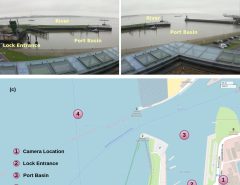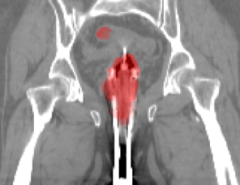RiskMapper
Elevator Pitch: Imagine a world where every government and organization has the power to accurately predict and prepare for natural disasters. RiskMapper makes this possible by using cutting-edge AI and satellite imagery to provide real-time disaster risk assessments anywhere on the globe, empowering our clients to save lives, reduce losses, and build a more resilient future.
Concept
An AI-driven platform providing real-time disaster risk assessments using satellite imagery and deep learning.
Objective
To assist governments, NGOs, and businesses in identifying and quantifying disaster risks in specific regions to enable proactive disaster preparedness and response strategies.
Solution
Leveraging time-series remote sensing data from Sentinel satellites and using ResNet-50 deep learning models to map and monitor climate and disaster risk factors across different regions, especially in least developed countries.
Revenue Model
Subscription-based access for advanced analytics and risk reports, freemium model for basic access, and consulting services for personalized risk assessment and mitigation strategies.
Target Market
Governments, urban planners, disaster management agencies, insurance companies, and NGOs focused on climate change and disaster preparedness.
Expansion Plan
Initially focus on the 47 countries identified in the OpenSendaiBench, with plans to expand globally as more data becomes available. Develop partnerships with international organizations for wider adoption.
Potential Challenges
High computational costs for processing satellite imagery, ensuring data accuracy and reliability, and navigating complex regulatory landscapes in different countries.
Customer Problem
Lack of affordable and accessible tools for timely and accurate disaster risk assessment, especially in countries with limited resources for large-scale climate and disaster monitoring.
Regulatory and Ethical Issues
Adherence to data privacy laws and regulations, especially in the use of geospatial data, and ensuring that the platform does not exacerbate inequalities by providing access primarily to those who can afford it.
Disruptiveness
By democratizing access to critical disaster risk information, RiskMapper could fundamentally change how countries and organizations prepare for and respond to natural disasters, making them more resilient against climate change.
Check out our related research summary: here.




Leave a Reply